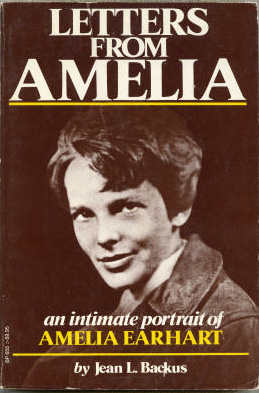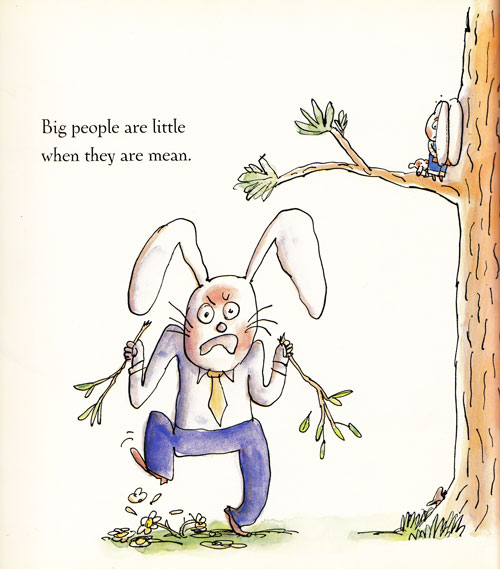"Adoption Of The Declaration Of Human Rights," By Eleanor Roosevelt
"The Roosevelts: An Intimate History"
Ken Burns Documentary
Amelia Earhart on Sticking Up for Yourself, in a Remarkable Letter of Advice to Her Younger Sister
by Maria Popova
“Adult human beings owe as much to themselves as to others, for by asserting individual rights, the baser natures of those who have them are held in check.”
 Amelia Earhart (b. July 24, 1897) endures as one of the most beloved cultural figures in history — a trailblazing aviator, a model of the modern independent woman, and an icon of the spirit of adventure, her myth made all the more alluring by her mysterious disappearance. From the out-of-print treasureLetters from Amelia: An Intimate Portrait of Amelia Earhart (public library) — which also gave us her lucid and elevating ideas oneducation, personal growth, and human nature — comes a remarkable letter of advice she sent to her younger sister Muriel in 1937, shortly before Amelia disappeared over the Pacific never to be seen again.
Amelia Earhart (b. July 24, 1897) endures as one of the most beloved cultural figures in history — a trailblazing aviator, a model of the modern independent woman, and an icon of the spirit of adventure, her myth made all the more alluring by her mysterious disappearance. From the out-of-print treasureLetters from Amelia: An Intimate Portrait of Amelia Earhart (public library) — which also gave us her lucid and elevating ideas oneducation, personal growth, and human nature — comes a remarkable letter of advice she sent to her younger sister Muriel in 1937, shortly before Amelia disappeared over the Pacific never to be seen again.
What occasioned the letter were Muriel’s marital troubles — her husband, Albert, had become a gambling addict and was wasting the family’s funds away, including the money Earhart frequently sent to her sister. Although Albert was widely beloved by the town, never abusive to Muriel and their children, and didn’t drink or smoke, his gambling problem had started taking a significant toll on the family and on Muriel’s contentment.
The morning before her own wedding six years earlier, Amelia had sent her fiancé, George Putnam, a magnificent letter outlining her conditions for marriage, decades ahead of its time. Now, she saw it as her responsibility to instill in her sister the same kind of insistence on personal agency and financial independence:
Dear Muriel,I am deeply sorry to hear further reports of your unhappy domestic situation. I had hoped that the money GPP and I advanced would help Albert grow up…You have taken entirely too much on the chin for your own good or that of any man who holds the purse strings. I sometimes feel that adult human beings owe as much to themselves as to others, for by asserting individual rights, the baser natures of those who have them are held in check. That is often very hard to do. One hesitates to bring on a quarrel when it can be avoided by giving in. But perhaps one definite assertion will prevent the slow accumulation of a sense of superiority in a person who really should not claim superiority. Given a little power over another, little natures swell to hideous proportions. It is hopeless to watch a character change of this kind in one you have cared for.

Illustration by Pascal Lemaitre from 'The Book of Mean People' by Toni and Slade Morrison. Click image for more.
After advising her sister to obtain a legal separation in order to ensure her financial independence and encouraging her to move to the East Coast closer to her, Earhart adds an observation that reads rather like Anne Lamott, transcending the particular situation to speak to a universal truth:
Human crises have a way of happening at inconvenient times.
Although Muriel didn’t end up leaving Albert, Earhart’s advice seems to have made a difference — under Muriel’s threat to leave, Albert eventually changed his ways. The family’s financial situation stabilized and for the remainder of their lives they were known as a happy couple by their community. Muriel was able to go back to school, completing her education and becoming a successful and beloved high school teacher.
Letters from Amelia is a fantastic read in its totality — the most intimate and direct glimpse of Earhart’s inner world. What a pity that it perishes out of print — here’s to hoping that there exists a publisher invested enough in cultural preservation to bring it back.


No comments:
Post a Comment